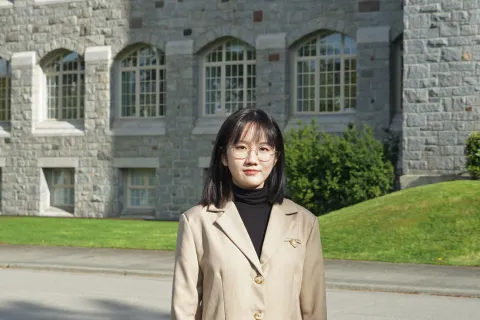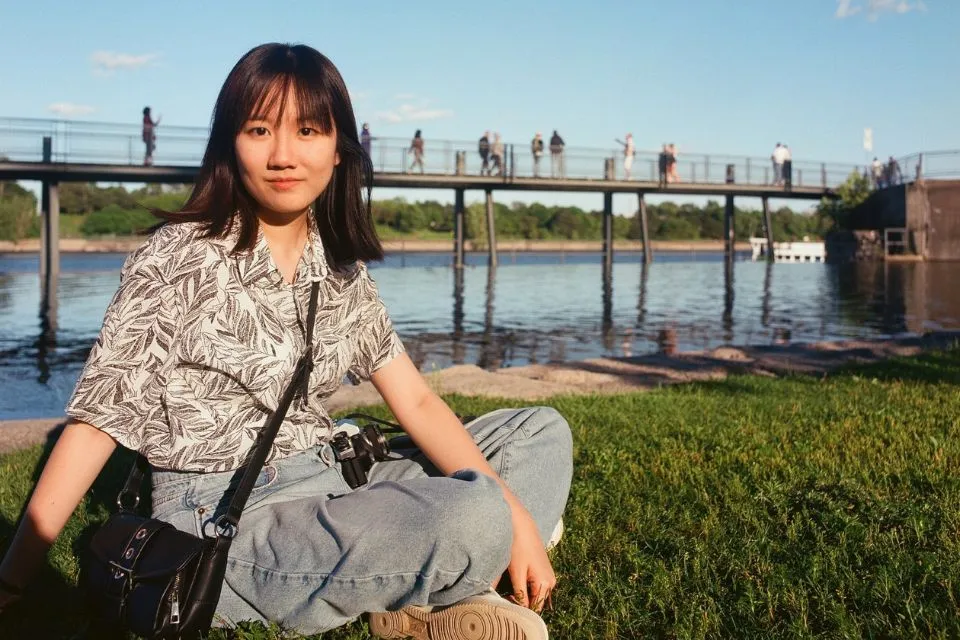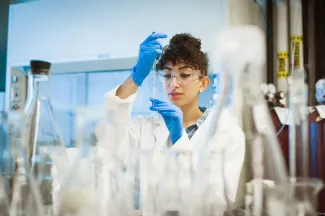"Every experience in your life has brought you to this moment"

Baihan Wang
- Degree:
- Bachelor of Applied Science
- Grad year: 2022
- Program:
- Campus: Vancouver
I was born and raised in China and spent 5 years at UBC doing a major in Chemical and Biological Engineering (CHBE), and minor in Commerce. During my time as a CHBE student, I found my passion in renewable energy and other solutions to environmental issues. I treated myself as a citizen of the world and was eager to make contributions toward net-zero emissions. However, I realized that lab work or researching in a narrow sub-stream don't interest me as much. So, with my minor in commerce, I decided to switch to looking at the renewable energy sector from a financial perspective and pursue a master’s degree in Finance. I am now studying finance at McGill University, hoping to get involved in the energy transition trend while having a broader view of the industry.
How are you applying the skills you learned through your studies at UBC?
Through my studies at UBC, I was exposed to many sustainability-related projects. I learned life-cycle analysis in fundamentals of sustainable engineering class and analyzed GHG emissions of vehicles that use different energy sources. Now, I am applying my knowledge of sustainability factors and analytical skills in equity research. Apart from this, skills such as problem-solving and team working that cannot be learned from textbooks are some of the most valuable skills I acquired at UBC.
What are your future plans to make a difference in our world?
I plan to start my career in the field of finance, and in the long run, work in venture capital that invests in great renewable energy technologies and projects.





